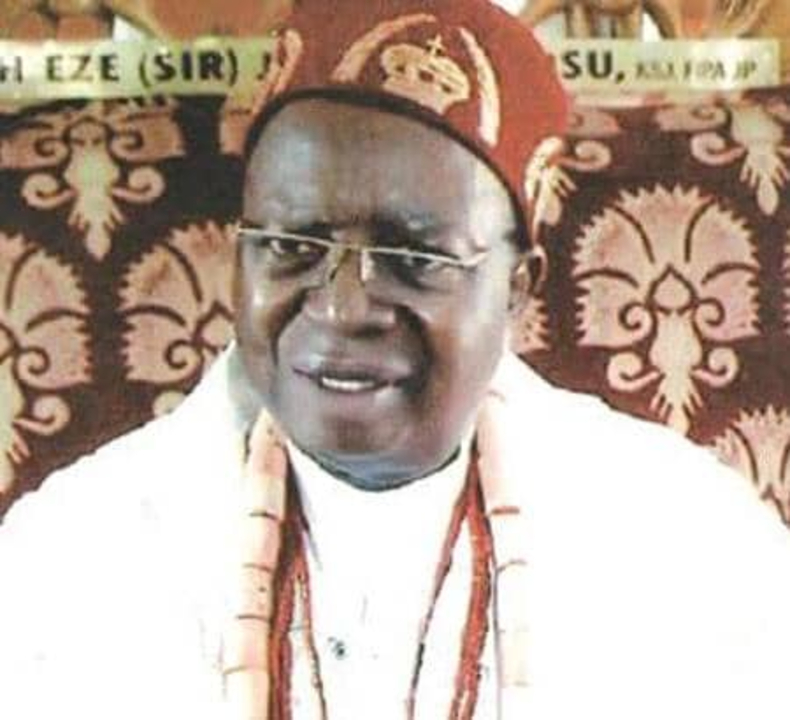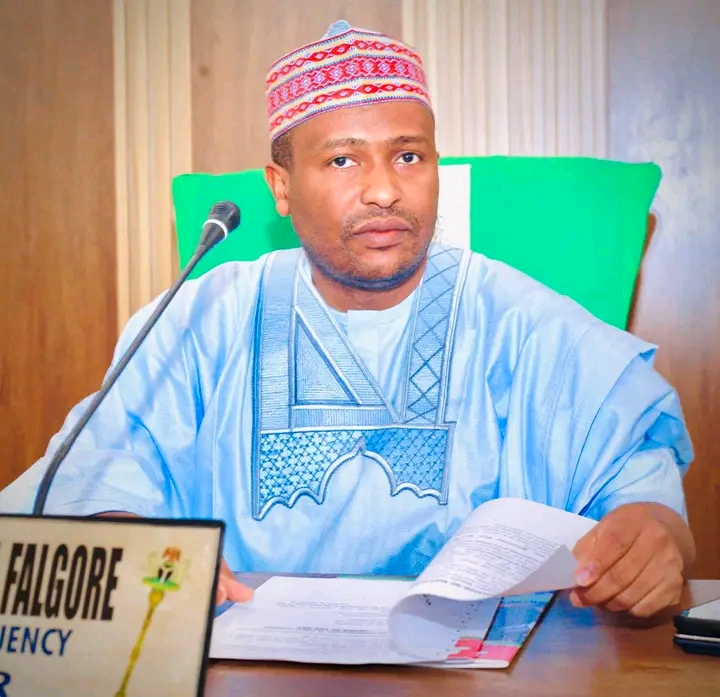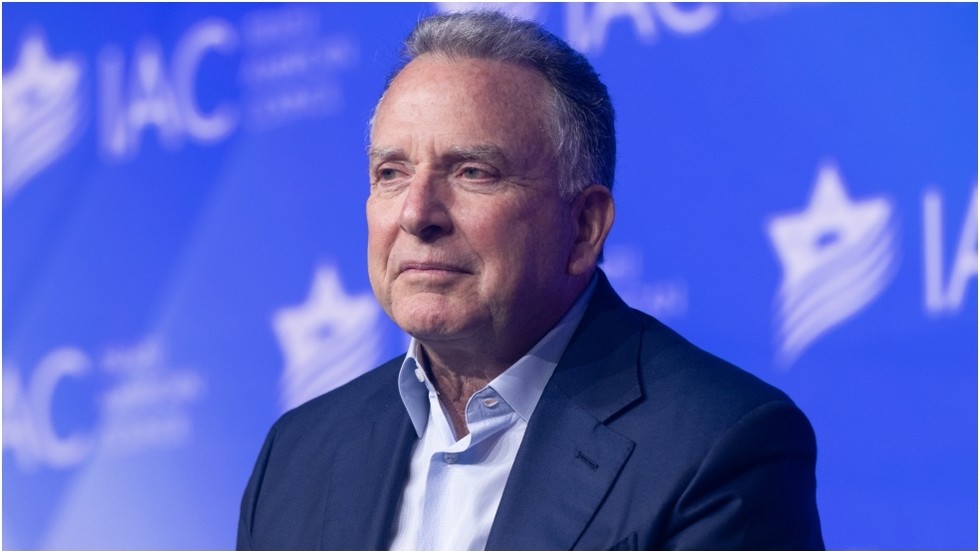After more than 30 days of fuel subsidy removal, questions continue to linger regarding the projected ‘N400 billion savings’ that were promised. Mr Mele Kyari, the Group Executive Officer of the Nigerian National Petroleum Corporation Limited (NNPCL), stated back in February that Nigeria spends over N400 billion monthly on fuel subsidies. He further claimed that the removal of the subsidy would result in equivalent savings.
However, with no detailed report on the savings released by President Bola Ahmed Tinubu’s administration, Nigerians are becoming increasingly unsettled. Additionally, the $800 million World Bank loan obtained by the former President Muhammadu Buhari’s administration for fuel subsidy removal palliative has yet to offer any relief to the citizens.
Consequently, the Socio-Economic Rights and Accountability Project (SERAP) has called on the government to disclose the specifics of the savings from the fuel subsidy removal. SERAP expressed concerns that the funds might be misappropriated or embezzled. Their apprehensions are shared by many Nigerians who are currently experiencing the adverse effects of subsidy removal, including rising transportation costs and increased prices of goods and services.
Daniel Bwala, the spokesperson for the Atiku-Okowa Presidential Council, pointed out that Nigerians are suffering due to the poor implementation of the subsidy removal. He emphasized the need for Tinubu’s administration to put measures in place to mitigate the effects of the removal through a broad-based plan.
Dr Ayo Tariba, the Chief Executive of Economic Associates, stated in an interview that there are no actual savings from the fuel subsidy removal. This is because the funds to support the provisions made for the subsidy in the budget were never found by the Buhari administration, leading to a heap of unpaid debts to the NNPCL.
Dr Diran Fawibe, an oil and gas expert and Chairman of International Energy Services Limited (IESL), argued that effective distribution of the fuel subsidy palliative required the presence of ministers in the government. He emphasized that the President alone would not be responsible for the distribution of the palliatives. The appropriate ministries would handle the disbursement, and the President needs to establish a system for its effective implementation.
Idakolo Gbolade, Chief Executive Officer of SD & D Capital Management, urged the Tinubu government to take time to plan a comprehensive palliative package to cushion the effects of the fuel subsidy removal. Gbolade stressed the importance of transparency in the government’s actions, as regaining public trust is crucial. Moreover, Gbolade suggested that the government should focus on revitalizing the country’s refineries and seeking alternative fuel sources.
Mr Kunle Olubiyo, the President of Network of Energy Reforms Nigeria and Nigeria Consumer Protection Network, called for a thorough investigation into NNPCL and all those involved in fuel subsidies in the past. Olubiyo believes that uncovering the amount spent on subsidies and fuel consumption in the past will be overwhelming, and a forensic overview of the fuel subsidy saga is necessary.
As the debate rages on, Nigerians eagerly await detailed reports on the promised savings, as well as tangible measures from the government to alleviate the impact of subsidy removal.



